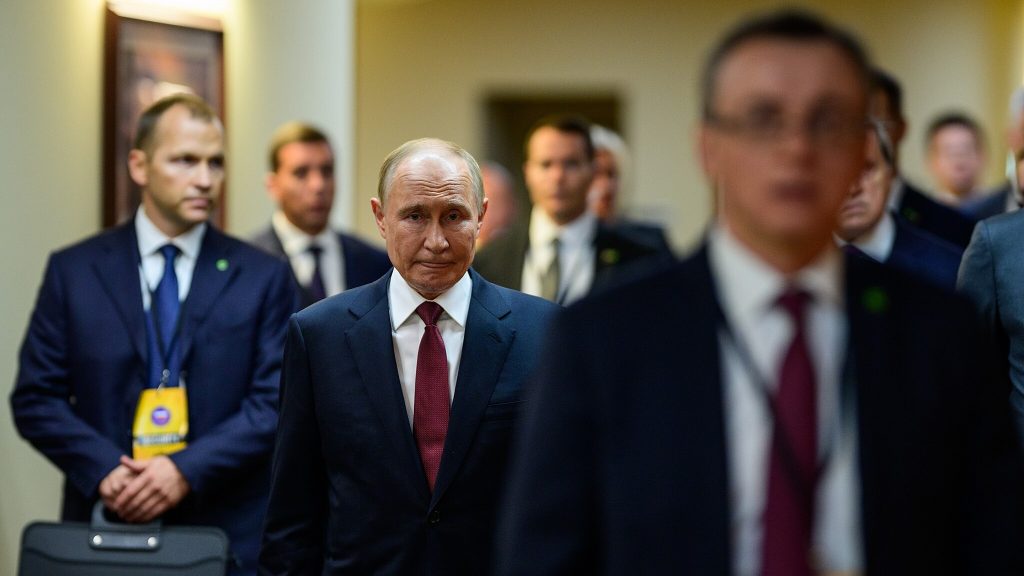The treaty marks a symbolic and practical strengthening of Russia’s presence in Latin America.
Others are reading now
Russian President Vladimir Putin has formally ratified a strategic partnership treaty with Venezuela, solidifying closer cooperation between the two countries in the areas of energy, defense, and finance.
This was reported by Russian state media outlet Interfax on October 27.
The agreement, originally signed on May 7, 2025, declares a “trusting partnership” and is aimed at countering what both nations describe as unilateral coercive measures — primarily Western sanctions.
The treaty refers to such sanctions as violations of the UN Charter, labeling them as “neo-colonialism” and instruments of “economic strangulation” used against sovereign states.
Energy and infrastructure at the core
A major focus of the treaty is energy cooperation.
Also read
Russia and Venezuela have agreed to jointly explore and develop new oil and natural gas fields, and to enhance output from existing projects managed by their joint ventures.
The two sides also committed to boosting oil trade under “mutually beneficial” terms.
In the electricity sector, the treaty outlines plans for joint infrastructure projects to modernize and expand Venezuela’s power grid.
Additionally, the agreement envisions the creation of a Russia–Venezuela financial system, designed to operate independently of Western-controlled institutions and sanctions pressure.
Military implications raise eyebrows
Beyond economic ties, the deepening partnership has military implications.
Also read
U.S. officials have previously raised concerns about Venezuela’s possession of Russian-made Kh-31 anti-ship missiles, capable of targeting large naval vessels such as destroyers.
These missiles are carried by Su-30MK2 fighter jets, which Venezuela acquired from Russia in the early 2000s.
Most of the fleet is reportedly still operational, raising concerns about regional military balance and U.S. Navy operations in the Caribbean.


